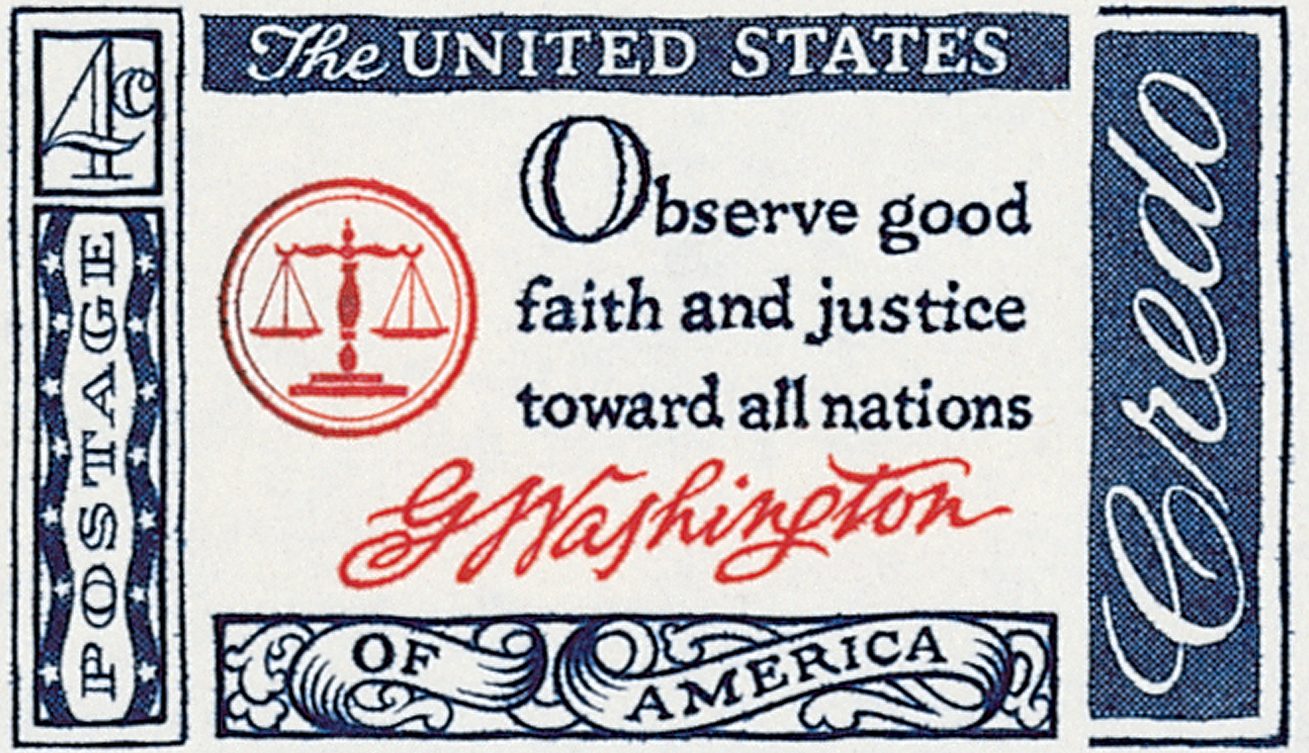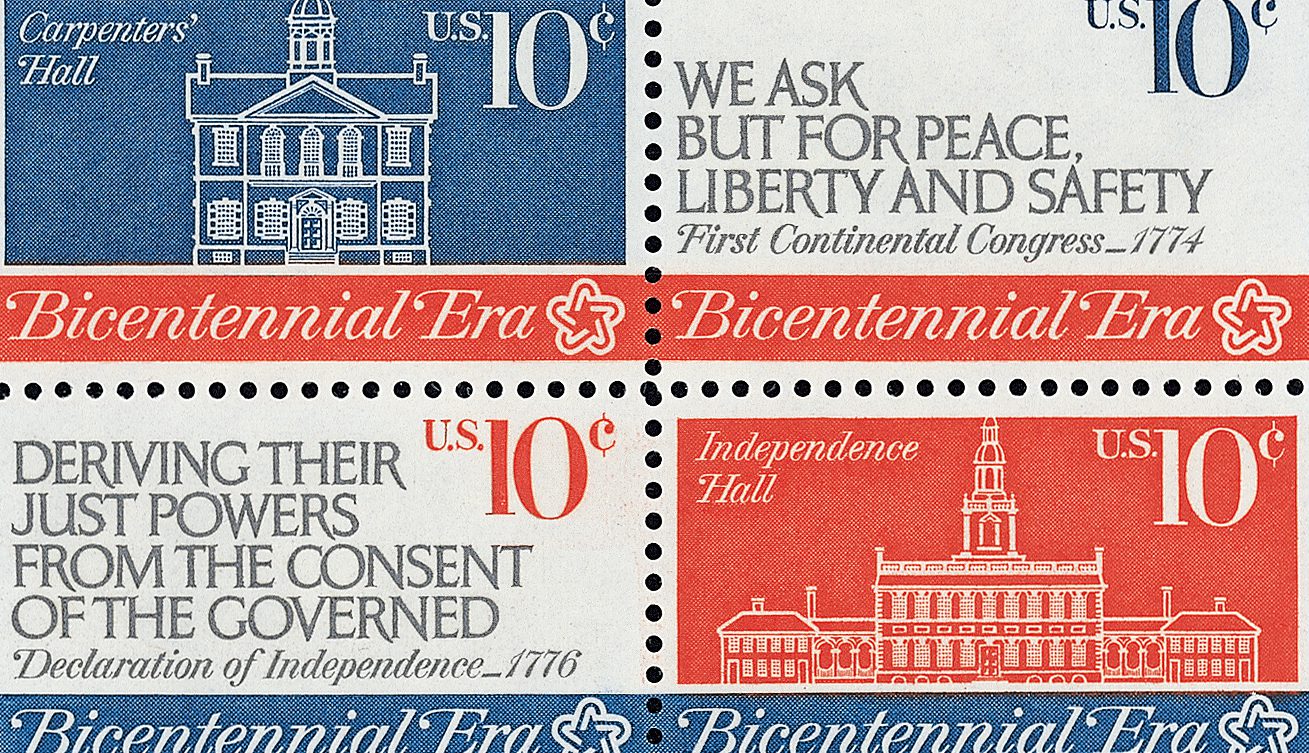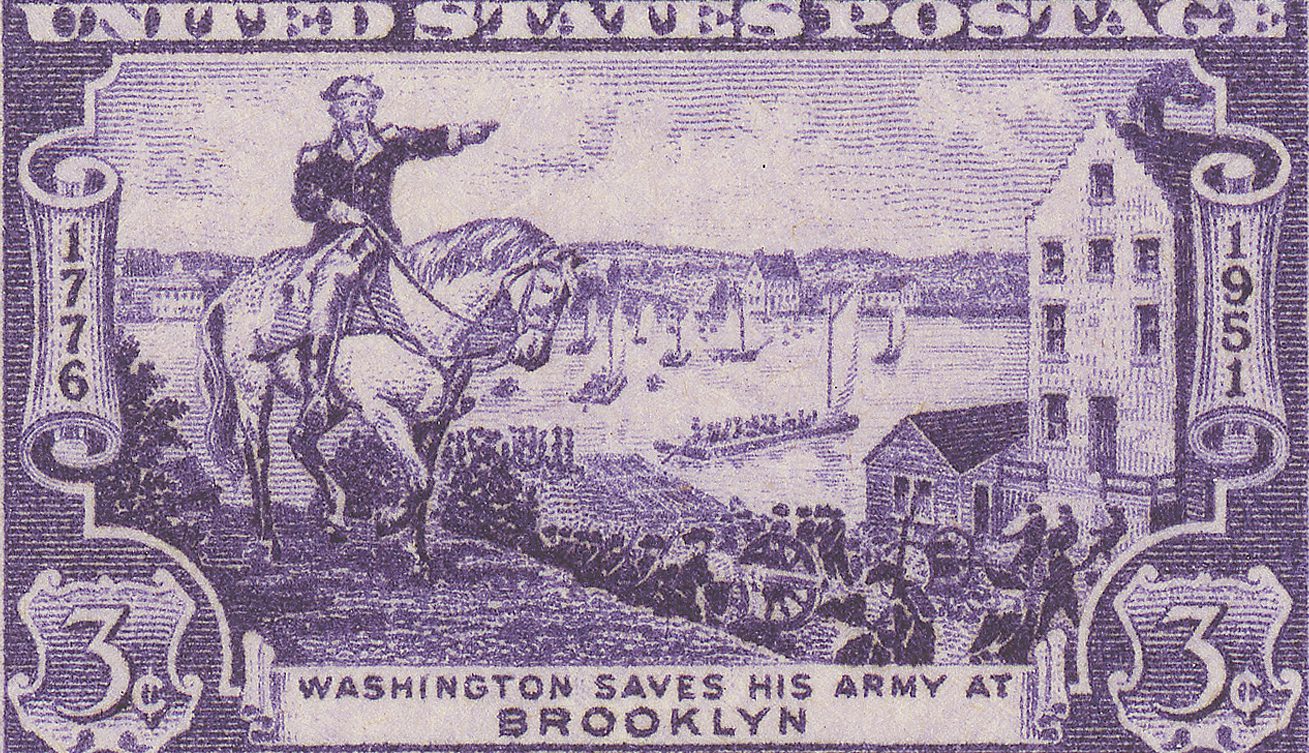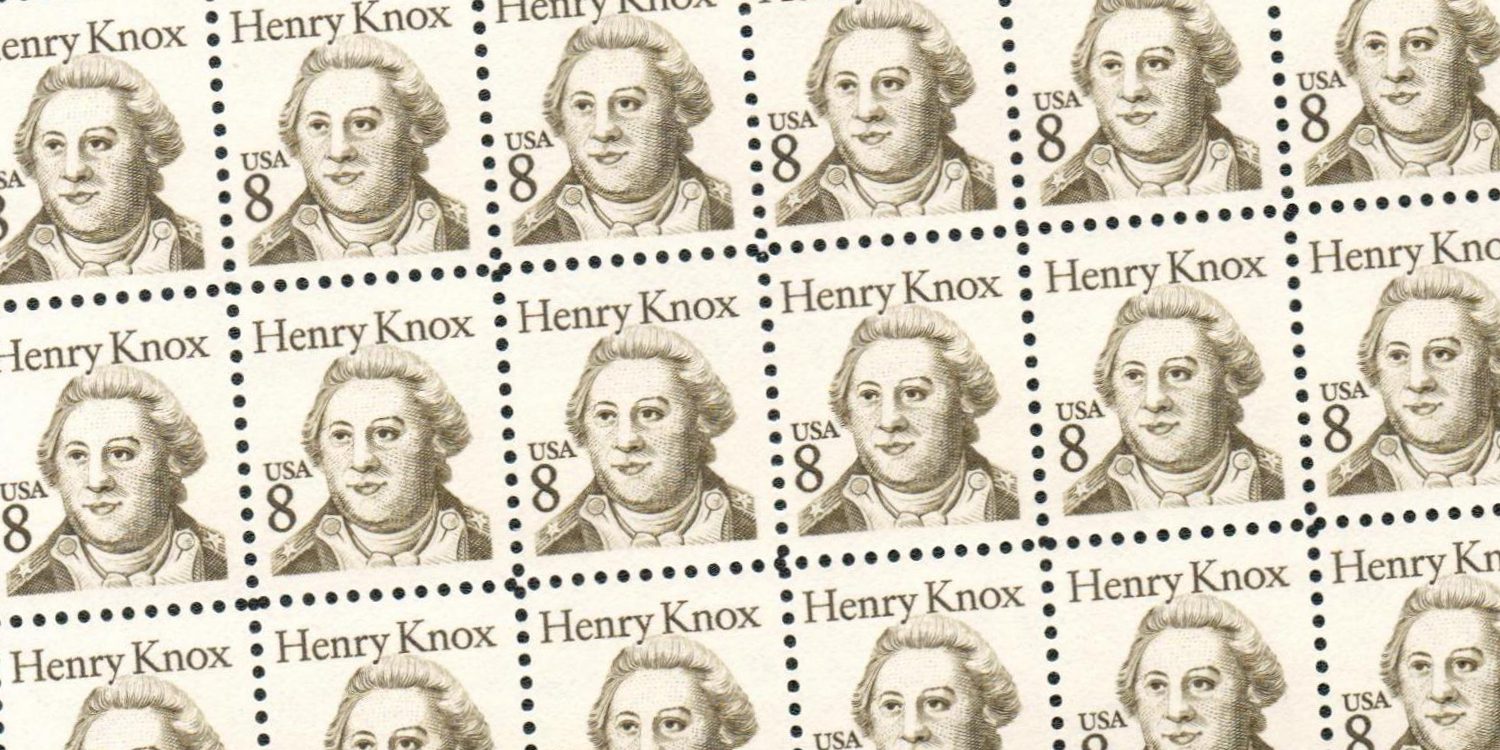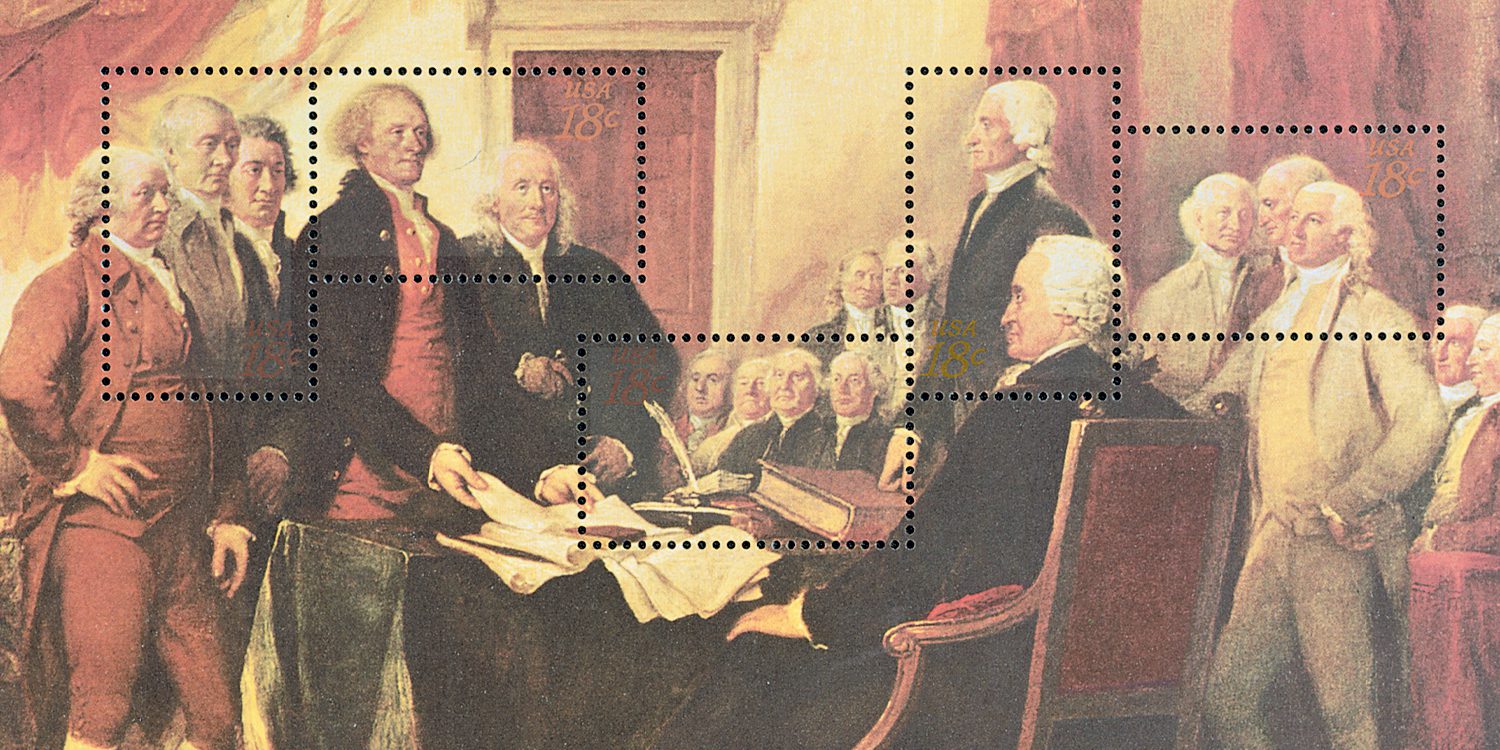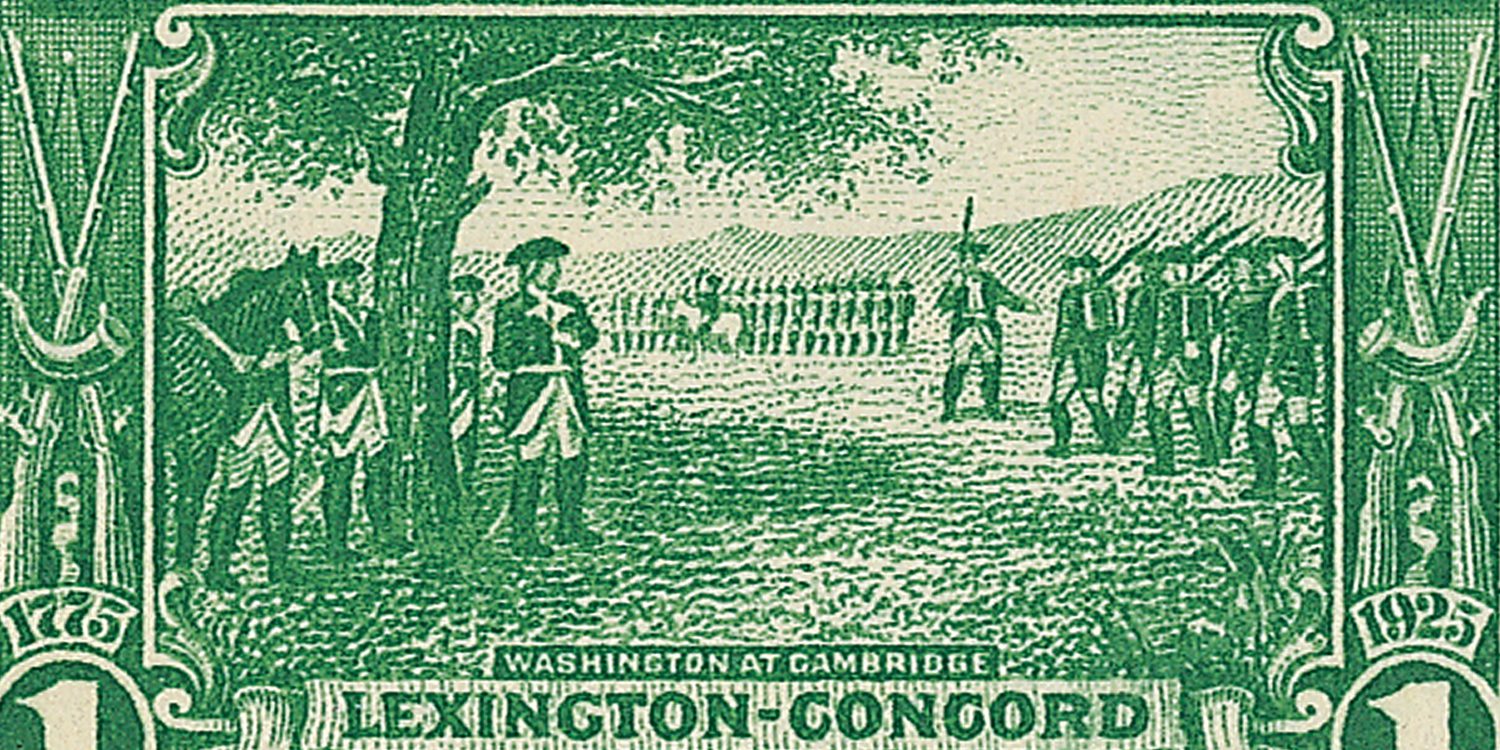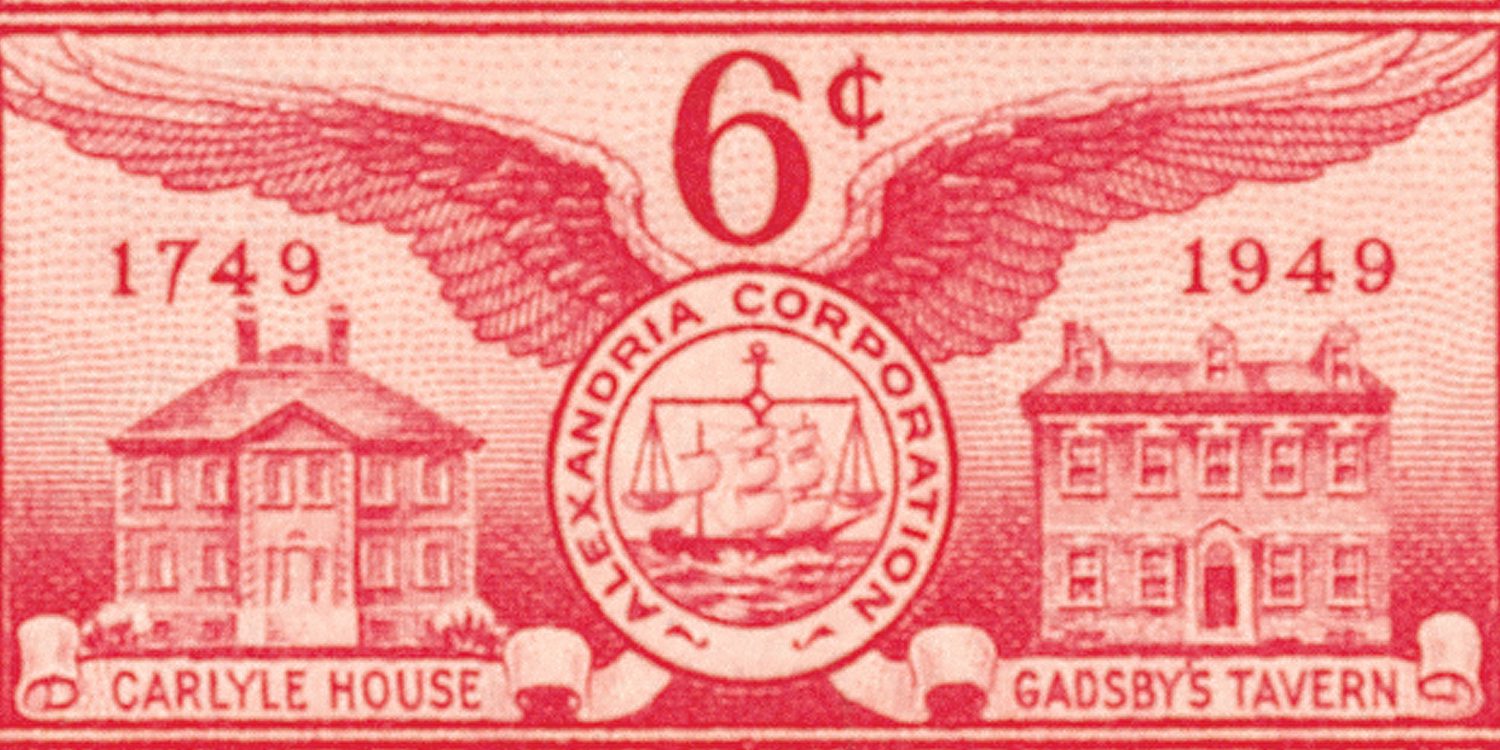Establishment of Germantown, PA
On October 6, 1683, thirty-three Germans arrived in Pennsylvania to establish the first major German settlement in America. The settlement would go on to become the birthplace of the anti-slavery movement, first bank of the United States, and more.


